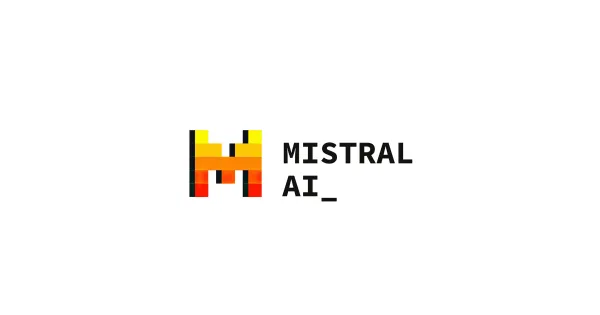Tech Layoffs Driving White-Collar Recession

The U.S. labor market is exhibiting a notable divergence: while overall employment remains robust, white-collar sectors, particularly technology, are experiencing a downturn. This trend, often referred to as a "white-collar recession," is characterized by significant layoffs and reduced hiring in professional fields.
Tech Industry Contraction
Major technology firms have implemented substantial workforce reductions. Companies such as Meta, Google, and Microsoft have announced layoffs, citing factors like technological advancements, including artificial intelligence, which are automating roles previously held by humans. For instance, Meta's recent layoffs affected several departments, continuing a pattern of job cuts within the company.
Broader White-Collar Impact
Beyond technology, other white-collar industries are also facing challenges. Deloitte, for example, plans to cut jobs in its advisory division due to declining demand for consultancy services. This decision is part of a restructuring process affecting less than 1% of Deloitte's 27,000 UK employees, primarily in the strategy, risk and transactions, and technology and transformation divisions.
Contrasting Blue-Collar Stability
In contrast, blue-collar sectors have shown resilience. Industries such as manufacturing and construction continue to experience steady demand, with some areas even facing labor shortages. This stability is attributed to ongoing infrastructure projects and a consistent need for skilled labor in these fields.
Future Outlook
While the overall economy remains stable, the disparity between white-collar and blue-collar employment trends highlights the evolving dynamics of the labor market. As technological advancements continue to reshape industries, professionals in affected sectors may need to adapt by acquiring new skills or transitioning to roles less susceptible to automation.
In summary, the current economic arena presents a complex picture: a robust general labor market juxtaposed with significant challenges in white-collar employment, particularly within the technology sector.





